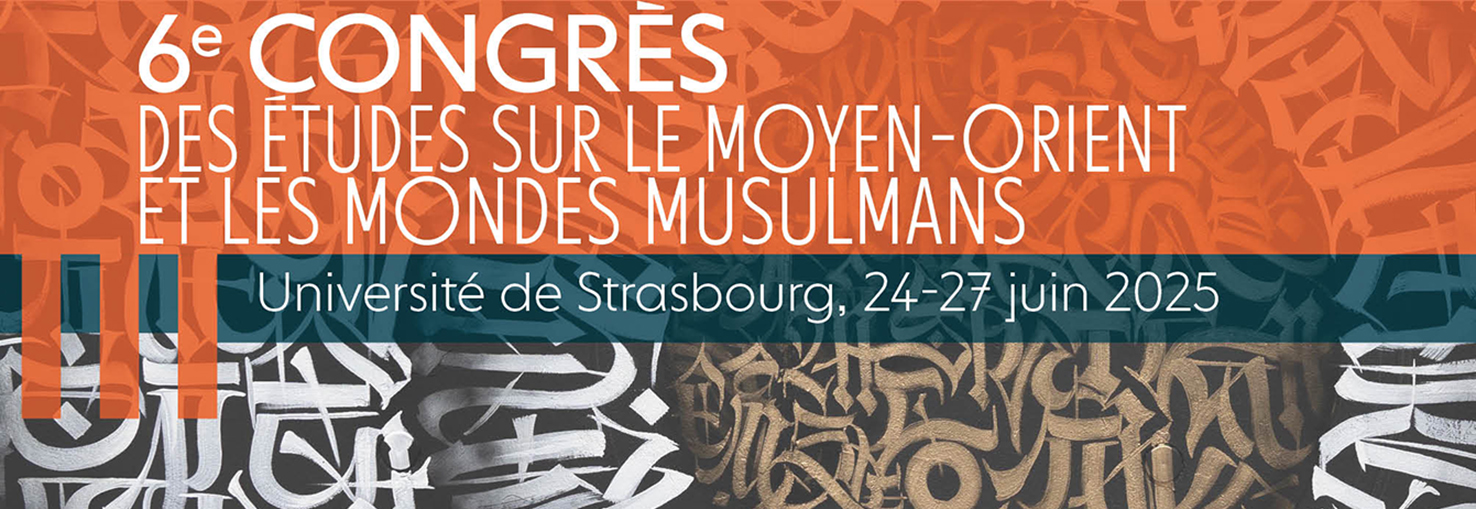Vendredi 27 juin 2025, 11h00-16h00, Salle 3R-01
RESPONSABLES ET DISCUTANTS :
Camille Rhoné-Quer (Université Aix-Marseille, UMR 7310, Iremam, UMR 7209, BioArch – BioArchéologie, Interactions sociétés environnements, Muséum national d'histoire naturelle de Paris)
Delphine Decruyenaere (UMR 7209, BioArch – BioArchéologie, Interactions sociétés environnements, Muséum national d'histoire naturelle de Paris, Silk Road University of Tourism and Cultural Heritage, Samarkand)
INTERVENANTS DE L'ATELIER 1 :
Basira Mir-Makhamad (Max Planck Institute of Geoanthropology) : L'agriculture avant et après la conquête arabe en Sogdiane
Agriculture before and after the Arab conquest in Sogdiana
Delphine Decruyenaere (UMR 7209, BioArch – BioArchéologie, Interactions Sociétés Environnements, Muséum national d'histoire naturelle de Paris, Silk Road University of Tourism and Cultural Heritage, Samarkand), Fabrice Bray (Université de Lille, UAR 3290, MSAP), Élise Dufour (MNHN, BioArch) et Marjan Mashkour (MNHN, BioArch) : Exploitation animale, réseaux socio-économiques et influences environnementales en Asie centrale à la fin de l'Antiquité et au Moyen Âge. Synthèse analytique intégrée des données archéozoologiques
Animal exploitation, socio-economic networks, and environmental influences in Central Asia in the Late Antiquity and the Middle Ages. Integrated analytical synthesis of archaeo-zoological data
Delphine Poinsot (Collège de France) : Du monde vécu au monde représenté : Les pratiques de l'agropastoralisme dans le bestiaire sigillographique de l'Asie centrale
From lived world to represented world: Agro-pastoral practices in the sigillographic bestiary of Central Asia
Emily Everest-Phillips (Institute for the Study of the Ancient World, New York University) et Delphine Decruyenaere (UMR 7209, BioArch – BioArchéologie, Interactions Sociétés Environnements, Muséum national d'histoire naturelle de Paris, Silk Road University of Tourism and Cultural Heritage, Samarkand) : Les camélidés dans la Sogdiane médiévale : Les relations hommes-animaux, entre iconographie et archéozoologie
Camels in medieval Sogdiana: Human-animal relations between iconography and zooarchaeology
INTERVENANTS DE L'ATELIER 2 :
Michael Spate (La Trobe University) : Climat, pastoralisme et urbanisme de montagne La paléogéographie médiévale de la région sud du lac Issyk-Kul, Kirghizistan
Climate, pastoralism, and highland urbanism? Medieval palaeo-geography in the South Issyk-Kul Region, Kyrgyzstan
Katie Campbell (University of Cambridge) : La gestion de l'eau à Otrar, Kazakhstan
Water management in the city of Otrar, Kazakhstan
Camille Rhoné-Quer (Université Aix-Marseille, UMR 7310, Iremam, UMR 7209, BioArch – BioArchéologie, Interactions sociétés environnements, Muséum national d'histoire naturelle de Paris) : De bois et d'eau : Populations et ressources du tugaï (forêt galerie) sur les rives de l'Amou Darya, viie-xie siècles
Of wood and water: People and resources of the tugai (gallery forest) on the banks of the Amu Darya, 7th–11th centuries
Bermet Nishanova (University of California, Irvine) : À la source : Les fibres médiévales de l'Asie centrale, de l'Iran et de l'Inde islamiques (v. ixemilieu xiiie siècle)
At the source: Medieval fibers from Islamic Central Asia, Iran, and India (c. 9th–mid- 13th centuries)



